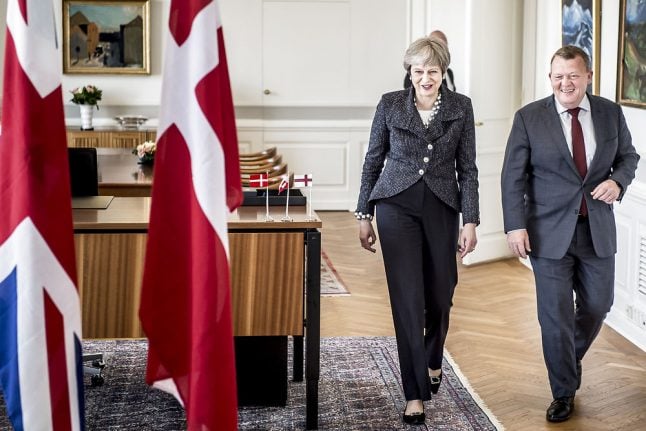A predicted downturn in the British economy would be the most likely factor affecting Danish industry in the event of the UK leaving the EU without a deal on March 29th next year, Danske Bank senior analyst Mikael Olai Milnøj said.
“It will particularly affect British companies’ desire to invest, because Brexit will create enormous uncertainty,” Milnøj told Ritzau.
“That could result in a slowing down of the British economy and thereby also the demand for Danish goods,” he added.
The UK is a highly important export market for Denmark, with food and medical products among goods crossing the North Sea. According to official stats agency Statistics Denmark, only Germany, the United States and Sweden are larger export markets for Denmark.
Although the exact economic impact of Brexit is difficult to predict, the International Monetary Fund estimated earlier this year that a no-deal Brexit could cut Denmark’s gross domestic product by one percent, which corresponds to approximately one billion kroner annually.
According to IMF, Denmark is one of the three countries outside of the UK – along with Ireland and the Netherlands – which will be most impacted by Brexit.
Anders Ladefoged, deputy director with the Confederation of Danish Industry (Dansk Industri, DI) said that trade with British companies would become more difficult if no terms were reached prior to Brexit.
“It will be a confusing and chaotic situation, because Brexit affects everything from customs to rules on products and transport,” Ladefoged said.
“Companies must soon start treating the United Kingdom as a third country which may have high tariffs on some products,” he added.
Exports may also be affected by more complicated processes for goods entering the UK.
“The long-term effect could be that the (Danish) economy does not grow as quickly as it otherwise would have, because it is benefitting less from the advantages of free trade,” Milhøj said.
Both Ladefoged and Milhøj added that the UK would continue to be an important market for Denmark, even in the event of a no-deal Brexit which could mean tariffs like ones currently in place for trade with important partners like the United States and China.
READ ALSO:




 Please whitelist us to continue reading.
Please whitelist us to continue reading.